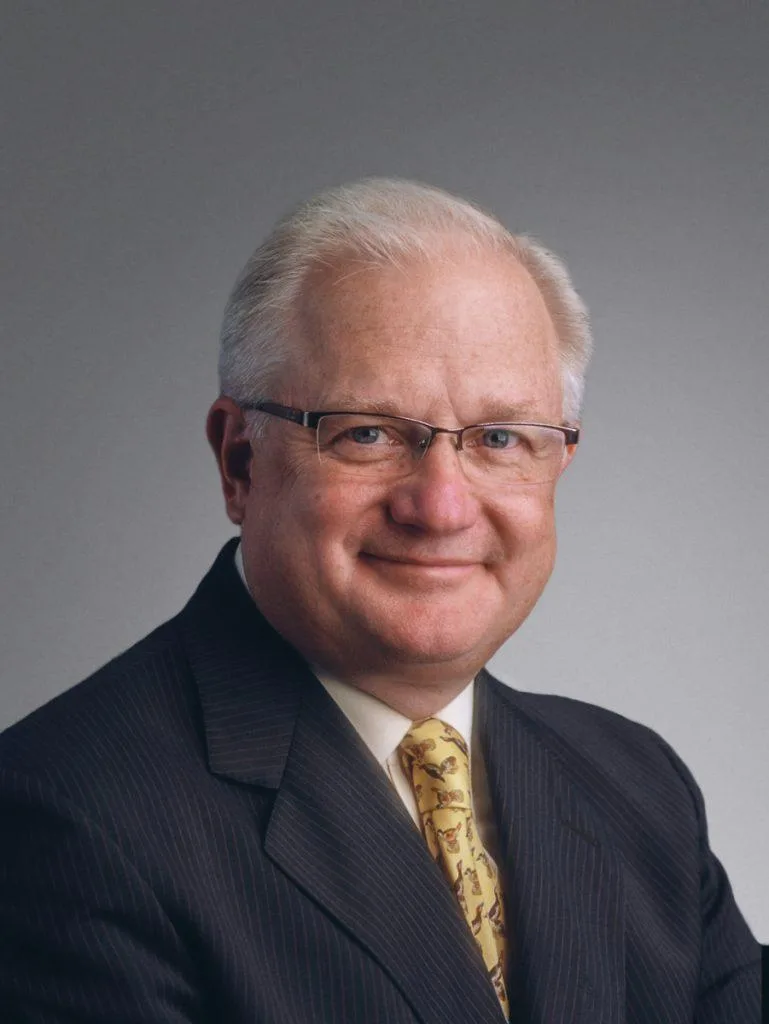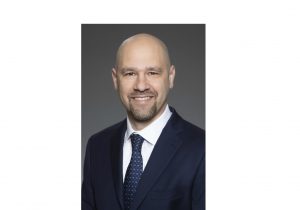
Harry Cendrowski, Founding Member and Managing Director of Cendrowski Corporate Advisors
WeWork’s private investors including Masayoshi Son’s Softbank Group Corp apparently gave the shared office space company a software valuation, a consequence of a frenzied investment environment that paid little regard to fundamental analysis or corporate governance.
That’s according to governance expert Harry Cendrowski, a founding member and managing director of Cendrowski Corporate Advisors (CCA), a consulting firm that provides advice on matters such as business valuation and fraud investigation. CCA has a long history in real estate, including its development of the first significant REIT/UPREIT structure for Taubman Centers, Inc. in the 1990s.
“They were taking software-related valuations and applying them to real estate,” Mr. Cendrowski said in a recent interview with CorpGov. “The question should be ‘what is the building worth based on cash flow and capitalization?’”
Mr. Cendrowski pointed out that Softbank is known more as a specialist in high-growth software companies than property businesses. The Japanese conglomerate invested in WeWork at valuations as high as $47 billion ahead of a failed IPO, only to bail it out at a valuation of around $7 billion in October when it appeared on the brink of insolvency.
WeWork’s IPO was scrapped in part because of questionable behavior by founder Adam Neumann, who had effective control of the company until his recent ouster, leaving it with weak corporate governance. “The WeWork board fell asleep at the wheel,” Mr. Cendrowski said.
At its peak, WeWork’s valuation was far higher than other companies that have been in the office space industry for decades. Boston Properties, Inc. is valued around $21 billion, SL Green Realty Corp is worth $7 billion and Kilroy Realty Corporation has a market capitalization of $9 billion.
Mr. Cendrowski also questioned whether Mr. Neumann could have found a better approach than seasoned real estate executives at the helm of major firms. “Were investors really convinced that Adam Neumann is smarter than Sam Zell or Stephen Ross?” he asked rhetorically.
At its core, WeWork is based on leasing at higher prices than its own long-term cost. “They’re doing arbitrage which by definition has risk,” Mr. Cendrowski said.
But investors apparently put money into WeWork for other reasons. “I’ve seen it time and time again where one guy invests and people assume he’s a great investor,” he said. “So maybe the next guy gets in simply because the guy before him did.”
Mr. Cendrowski said the WeWork experience will likely impact the way investors view other companies. “People will look at governance and say ‘we can’t afford for this to happen,’” he said. “Investors will also want to see some path to profitability at some point in time.”
He said the key is to focus on metrics that point towards potential profitability while companies are still incurring losses. Pinterest, Inc., for instance, has some appeal because its user base is growing all the time without necessarily requiring heavy investment.
He added that it can be risky to put too much power in the hands of a leader, even if that person isn’t as eccentric as Mr. Neumann. “A lot of people come into so much wealth that they can take their eye off the ball,” he said. “The same thing can happen at hedge funds where portfolio managers only come into the office for a few hours a day.”
Looking ahead, Mr. Cendrowski said that there appears to a “mismatch in the universe” when it comes to valuations. The run up in public equity prices has made it difficult for some private-equity firms to make investments. At the same time, many IPOs have struggled to sustain valuations companies commanded in the private markets.
That could spell trouble ahead. “Three major banks in Chicago are ramping up their workout groups,” Mr. Cendrowski said. “It’s a very interesting time.”
Harry Cendrowski is a Founding Member and Managing Director of Cendrowski Corporate Advisors (CCA), a CPA and consulting firm focused on complex valuation, litigation advisory, risk management, corporate governance, and tax consulting and compliance for public and private companies, family offices, and professional associations.
Over the last 35 years, Mr. Cendrowski has advised hundreds of businesses, family offices, private equity and venture capital funds, as well as serving as a board member for several companies and non-profits, court-appointed receiver for several multi-million dollar estates, and as the accountant to the trustee in high-profile bankruptcy cases.
Contact:
John Jannarone, Editor-in-Chief
editor@corpgov.com
Twitter: @CorpGovernor






